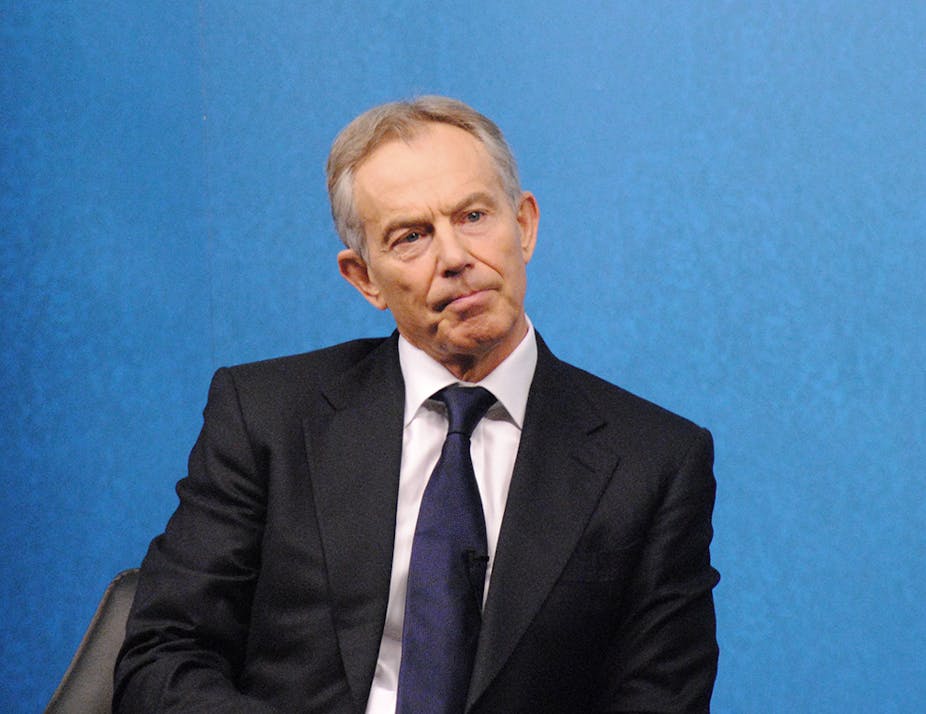The momentous success of Eurosceptical and anti-establishment parties at the May 2014 European Parliament (EP) elections has thrown the longstanding aim of generating “ever closer union” among the peoples of Europe into severe disarray. The shorthand description given to this continent-wide convulsion has been “populist earthquake”. The upheaval centres on the rise or return to prominence of a series of parties, principally but not exclusively on the right of the political spectrum. The national and regional repercussions look set to be felt for many years to come.
Although the two moderate party coalitions – the European People’s Party and the Group of the Progressive Alliance of Socialists and Democrats – still control more than half the seats in the EP, there will be a rebellious intake of new parliamentarians sitting at sessions in Brussels and Strasbourg with the express purpose of bringing the EU down from within.
There is a serious question to be answered, and quickly, by EU leaders and politicians of a moderate persuasion – what is to be done to head off the seemingly inexorable rise of some pretty distasteful elements which provide a serious challenge to the liberal democratic self-image the EU likes to project?
At the national level, crisis government meetings are being held. Leaders have admitted that they urgently need to restore trust in the European project, first, by reducing the democratic deficit and, second, by deepening the attachment EU citizens feel towards the remote governing structures at EU level.
Real change
The status quo, the mantra goes, can no longer be sustained in the face of antagonism towards a project which is deemed to be elitist and technocratic, and which does not resonate with publics experiencing social upheaval, economic insecurity and identity concerns caused by mass migration. The populist earthquake has suddenly made influential leaders more receptive to the idea of root-and-branch reform rather than cosmetic tinkering. In this context, David Cameron’s proposed renegotiation of the UK’s relationship with the EU might, after all, become more than an exercise in political spin aimed at a domestic audience.
So here is a suggestion: what about Tony Blair taking a leadership job in Europe?
Jostling has begun to install new figureheads in the EU to restore public confidence in the organisation. The German chancellor Angela Merkel had backed former Luxembourg prime minister Jean-Claude Juncker for the presidency of the European Commission.
This has already caused considerable disquiet in countries such as Hungary, the Netherlands and the UK, which favour less obviously “federalist” candidates, and which would prefer to see the EU doing less but doing it better, particularly on the economic side. The process now appears to be being slowed down.
At the moment it still looks like a head to head between Juncker and the president of the EP, Martin Schulz. Juncker is favourite because he is supported by the stronger of the party coalitions in the EP, but it is not too late for rival candidates to throw their hats into the ring.
Meanwhile, the term of the presidency of the European Council ends later this year. That position was intended to provide a leadership position for Europe, and Blair was heavily tipped for the role when it came up in 2009. Then the job went to the former PM of Belgium Herman Van Rompuy.
But Blair – really? Well, he does retain a reputation at EU level for being a strong proponent of Britain’s EU membership and is a serious thinker about the sclerosis that too often afflicts EU institutions and EU activity. He has not been afraid to put the case for pooled sovereignty and continues to back collective solutions to national problems even as publics have been attracted to Eurosceptical messages which point the other way.
The great communicator
Blair remains a versatile communicator and has already spoken of the need for the UK Labour Party to stand up to UKIP’s anti-immigration stance and to confront Nigel Farage head on, rather than letting him set the political agenda. In an interview in the aftermath of the earthquake on 27 May 2014 Blair said “we should contend every inch” of the anti-immigration argument.
Blair even backed the Liberal Democrat leader Nick Clegg’s highly unpopular pro-European outlook. Clearly, he retains a thick enough skin to take the flack any Commission president over the next few years will attract.
Of course, the downsides are obvious. Trust in Blair had dissipated quite dramatically even before faith in the political class started to ebb away with the onset of the global financial meltdown. His part in putting Britain so closely at George W Bush’s side in the invasions of Afghanistan and Iraq has left a bitter taste. And the build-up towards the publication of the Chilcot Report is proving an uncomfortable time for the former prime minister.
Blair had ten years in office to build support for a more positive UK public attitude to the EU and continually shied away from confronting the Murdoch media and other Eurosceptic coverage. Are his recent strong words mere whimsy? On immigration he is routinely depicted, even by the current Labour leadership, as having led a government that was part of the problem, so how could he now provide the solution? Finally, would a self-respecting prime minister of any hue want Blair grandstanding in Brussels while the referendum on the UK’s membership of the EU pencilled in for 2017 is taking place?
The balance is therefore tipped quite strongly against Blair. Nevertheless, he might be able to provide the EU with renewed focus and give it some backbone to rediscover its liberal roots. He may also be able to entrench a narrative of European identity that would help root out or at least limit the impact of some frankly unappetising elements of contemporary European politics. So don’t bet on Blair making a return to a top job in European politics. But don’t bet against it either – at a time of crisis, new thinking is called for.

